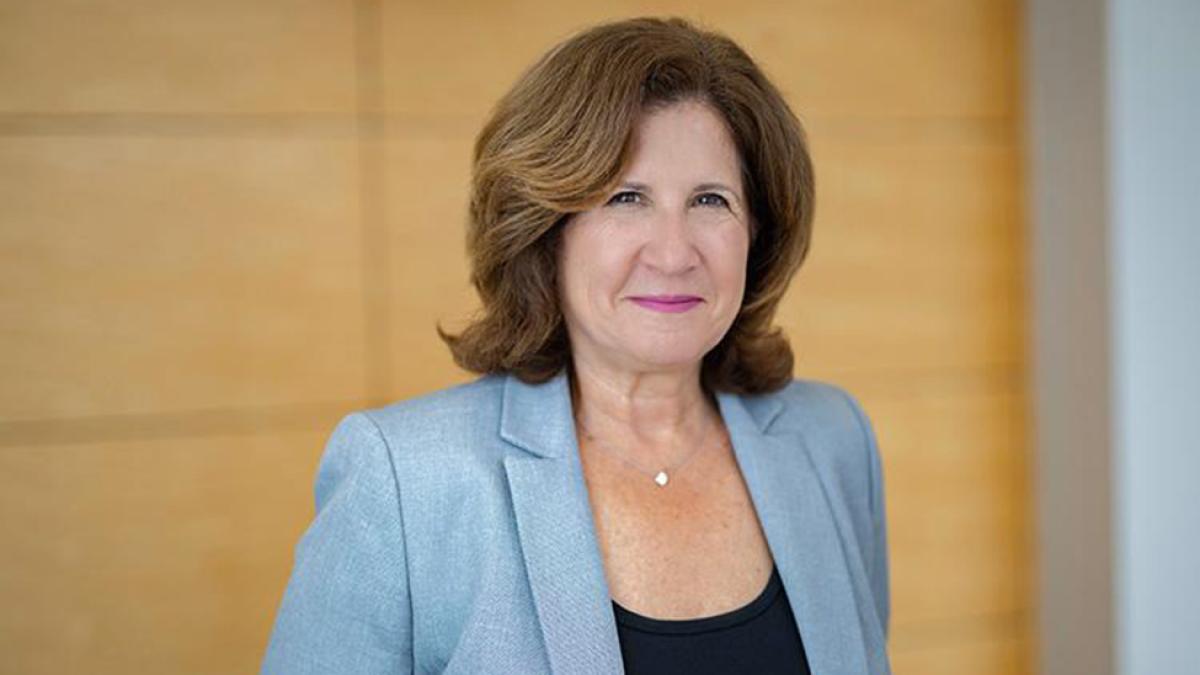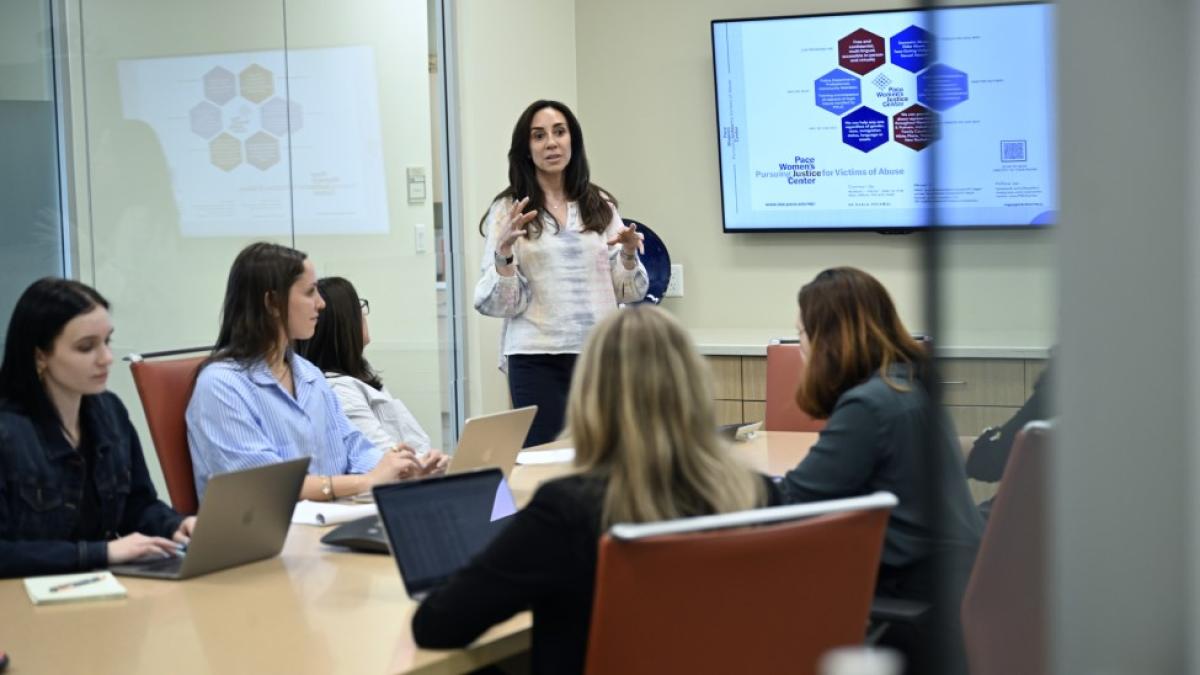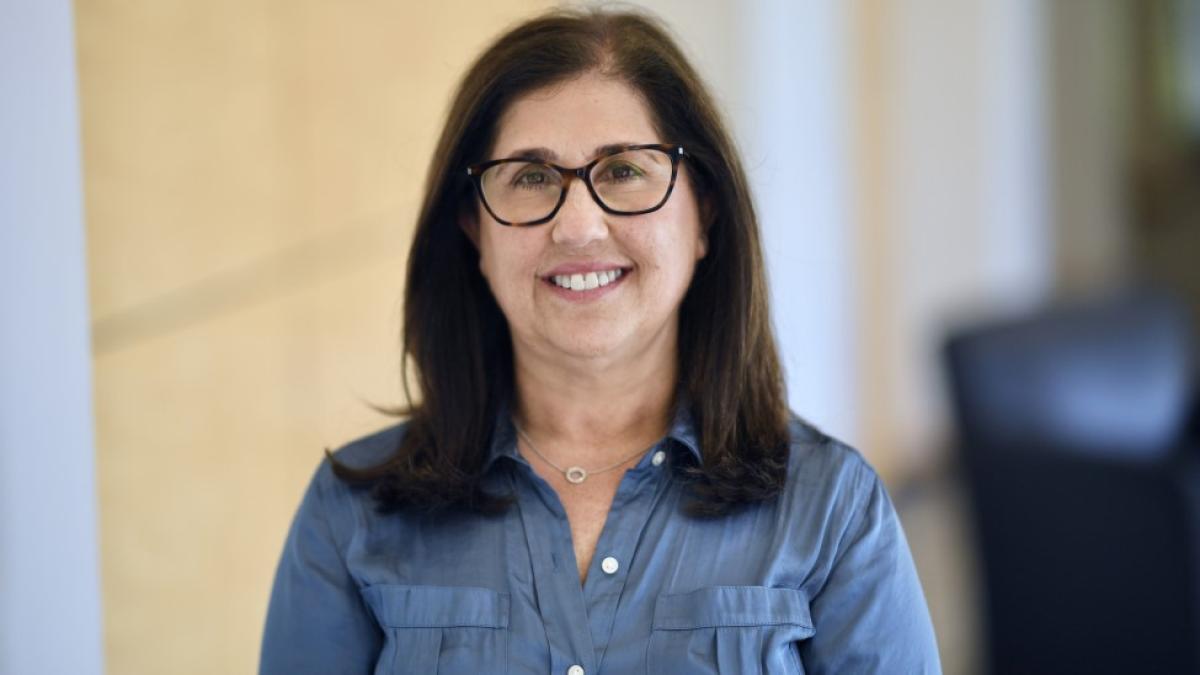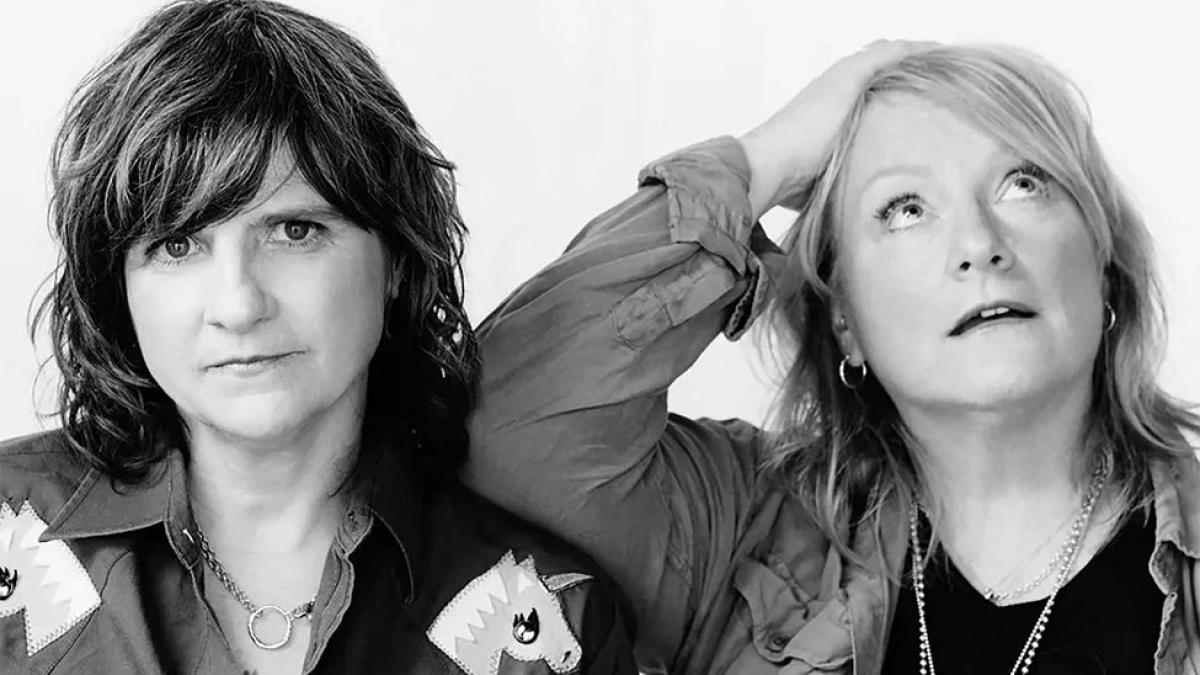
Power & Politics: Analyzing Gov. Hochul's State of the State speech
Political Science Professor Laura Tamman was featured on News 12’s Power & Politics analyzing Governor Kathy Hochul's State of the State speech.
Biden Won’t Enforce TikTok Ban, Leaving Decision To Trump
Haub Law Professor Leslie Garfield Tenzer provides legal insight to PIX11, discussing Former President Joe Biden’s decision not to enforce a ban on the social media app TikTok just days before his departure from office, leaving the matter to President Trump.
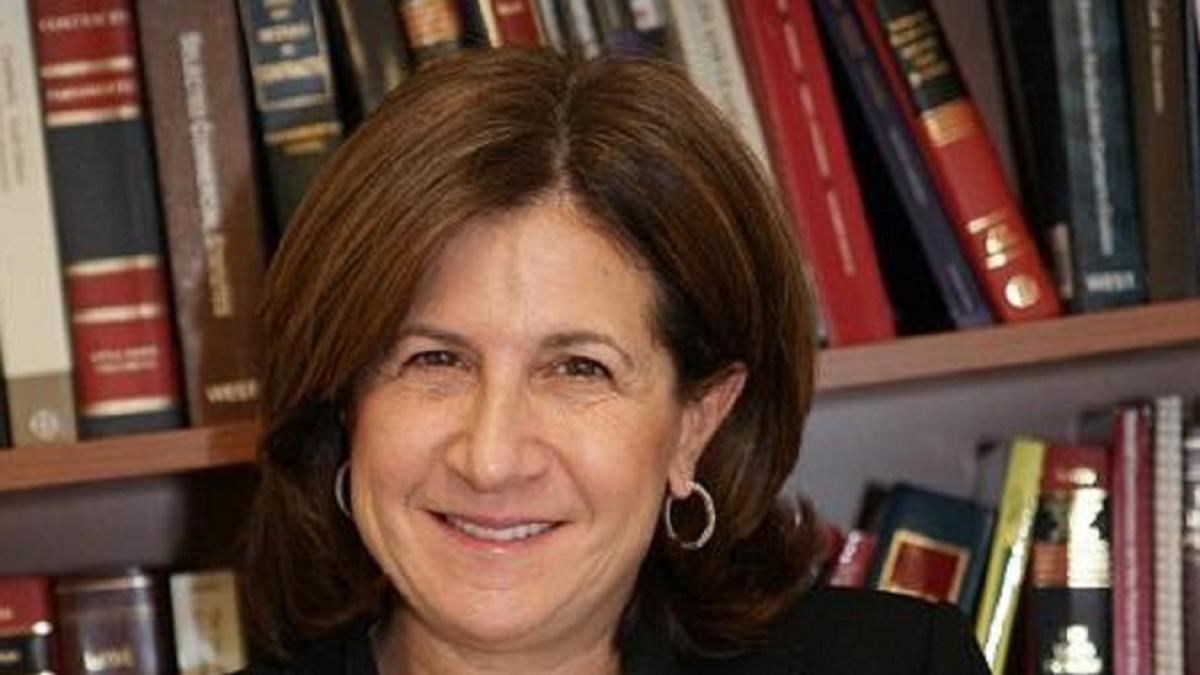
How Yoga Can Make You a Better Athlete, Plus 7 Poses
College of Health Professions Professor Laurice Nemetz speaks to Beachbody On Demand explaining how yoga can enhance athletic performance.

The United States Will Block 100,000 Wind Turbines Under Trump
Haub Law Professor Katrina Fischer Kuh provides legal insights to energynews about President Trump’s announcement to block new wind energy projects during his term.
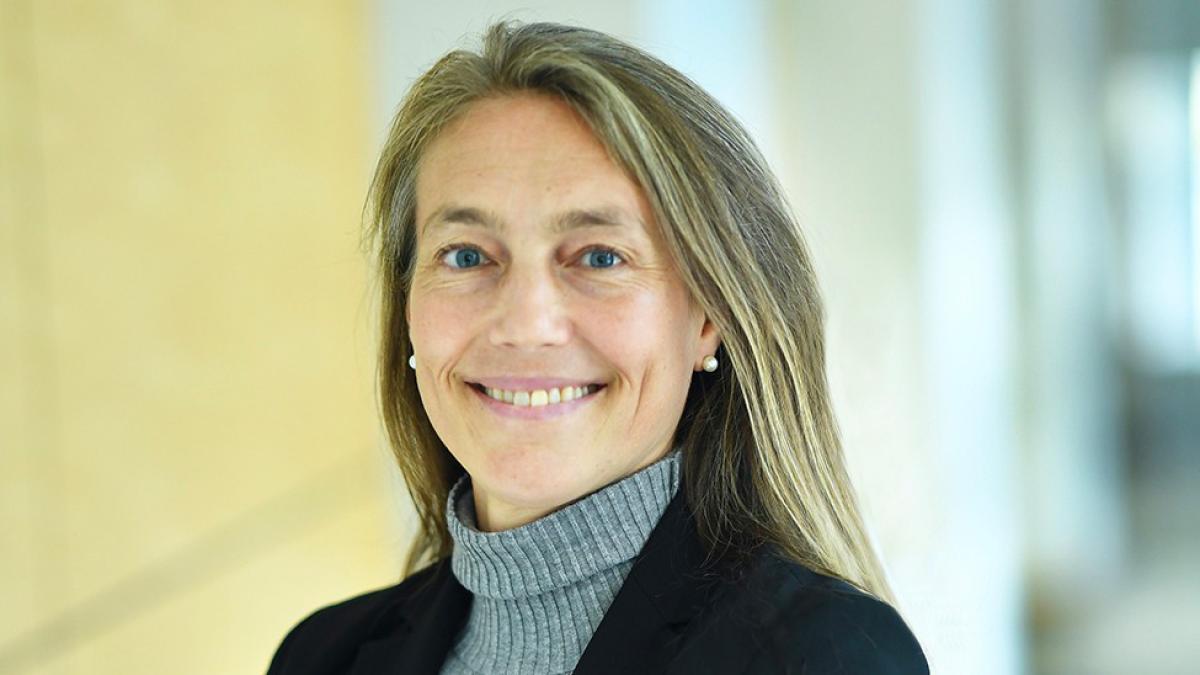
Redefining Creativity in Entertainment with Semii '16
Semii '16 joined us for the January 2025 episode of The Lubin Link podcast to share her incredible journey as an entrepreneur in the entertainment industry. From founding Rare One Records to launching Heir Aura, Semii is making waves with her record label and creative agency.

The Lubin Link Podcast

Semii '16 joined us for the January 2025 episode of The Lubin Link podcast to share her incredible journey as an entrepreneur in the entertainment industry. From founding Rare One Records to launching Heir Aura, Semii is making waves with her record label and creative agency.
This episode was recorded on January 13, 2025.
Connect with Semii on Instagram
Tune into the Lubin Link podcast to hear how guests went from go-getting Lubin students to successful entrepreneurs, social media mavens, directors, CEOs, and beyond. They offer their best tips to students and share how you can make the most out of your #LubinLife.
The Importance of Professional Development: Jennifer Tokash, OTD, OTR/L, CBIS, CPAM
Jennifer Tokash, OTD is the academic fieldwork coordinator, and a clinical associate professor for the Occupational Therapy (OT), MS program.
We connected with her to learn more about her experience with NYSOTA, the importance of leadership, and her advice for students on their professional journeys.
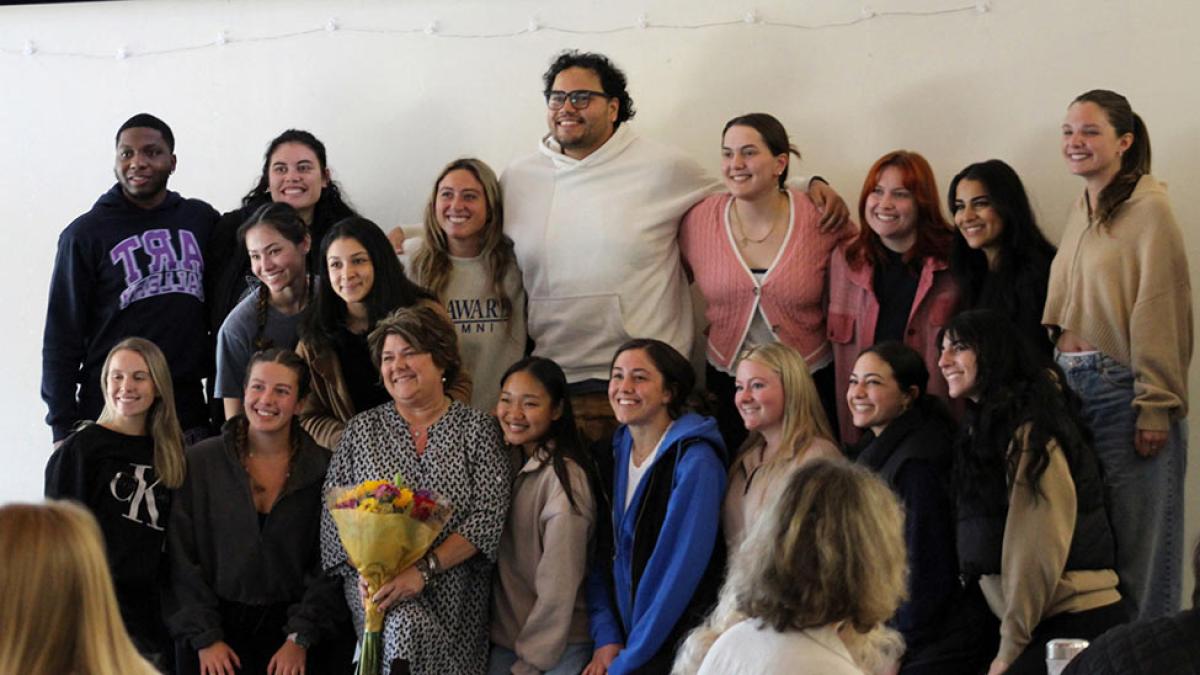
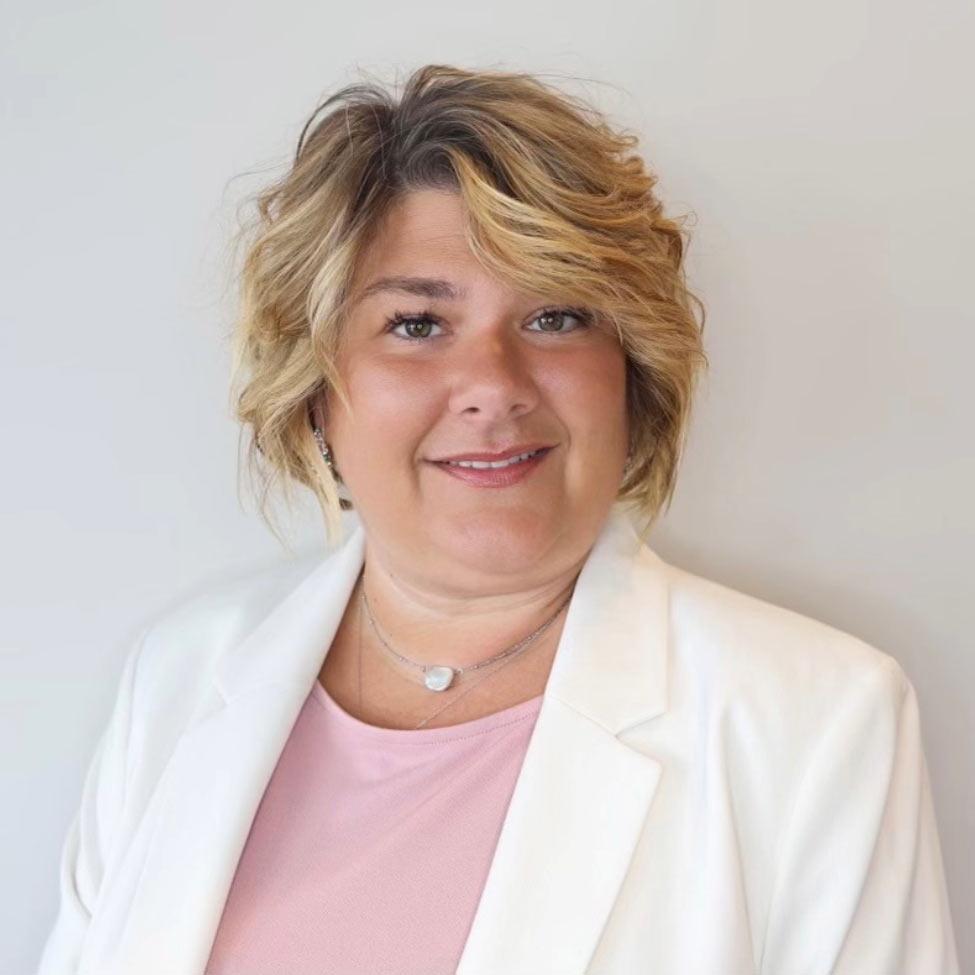
Jennifer Tokash, OTD is the academic fieldwork coordinator, and a clinical associate professor for the Occupational Therapy (OT), MS program. A 2023 recipient of the College of Health Profession’s Dean’s Award for Outstanding Teaching, Dr. Tokash is widely respected by the Pace community and her peers in the field.
This past fall, Dr. Tokash was awarded the Merit Award for Service from the New York State Occupational Therapy Association (NYSOTA). We connected with her to learn more about her experience with NYSOTA, the importance of leadership, and her advice for students on their professional journeys.
How did you get involved with NYSOTA?
While working toward my doctorate, I was invited to attend an executive board meeting as part of an assignment. From the moment the virtual meeting began, I felt welcomed and immediately recognized that NYSOTA’s culture aligned perfectly with my personality and professional values. I was inspired by the respect each member showed one another, the encouragement of diverse perspectives, and the active listening that created a space where new ideas were embraced. It was clear that this was an organization where I could grow and contribute, and I knew I wanted to become more involved.
Why do you think it's important as a healthcare professional to attend conferences/engage with professional organizations like NYSOTA?
Being involved in a professional organization connects you with a network of like-minded individuals who are passionate about advancing the field. Organizations like NYSOTA provide invaluable resources, such as legislative updates, the latest evidence-based practices, and advocacy to ensure our profession remains at the forefront of healthcare.
They also offer continuing education opportunities at discounted rates, which is a significant benefit for professionals looking to stay current. One aspect that is particularly important to me is NYSOTA’s Communities of Practice (CoP). As the CoP liaison, I help facilitate connections within 15 different practice areas, allowing members to engage in smaller, specialized groups. These communities foster deeper relationships with colleagues and provide unique opportunities to learn from one another within specific areas of practice.
What inspires you to become a leader for other OT professionals?
My inspiration comes from watching others grow and achieve their fullest potential. Whether it’s seeing junior staff members advance to senior roles or helping students blossom into confident entry-level practitioners, these moments reinforce why I lead.
In clinical practice, seeing therapists take on leadership roles after starting as juniors inspires me to keep fostering an environment of mentorship and growth. Similarly, when students share how my guidance has shaped their journey, it reminds me of the impact we can have as leaders. Helping others thrive and succeed is the heart of my leadership philosophy.
What does service mean to you?
To me, service is about giving back to the communities that have supported and shaped us, as well as reaching those communities where my skillset and resources are not as easily accessible. Serving people in areas with limited access to services is a deep passion of mine.
Growing up in West Virginia, I saw firsthand how individuals often lacked access to state-of-the-art equipment, resources, or even basic necessities. While working in home care alongside my regular responsibilities, I was frequently the only person available to help connect individuals with the resources they needed. It was difficult to witness people living without basic needs, but when I was able to help someone access those resources or find a solution, it reinforced my commitment to continue serving.
Service is also about empathy and advocacy—truly listening to the needs of others and taking meaningful action to make a difference. Whether I’m serving as a healthcare provider, teacher, family member, or friend—or contributing through professional organizations and academic institutions—service means using my time, skills, and passion to create positive change.
— Jennifer Tokash, OTD
Ultimately, service is more than an obligation; it’s a privilege to be part of something larger than myself and to leave a lasting impact on those I have the opportunity to serve.
How has your leadership/service with NYSOTA impacted your teachings at Pace University?
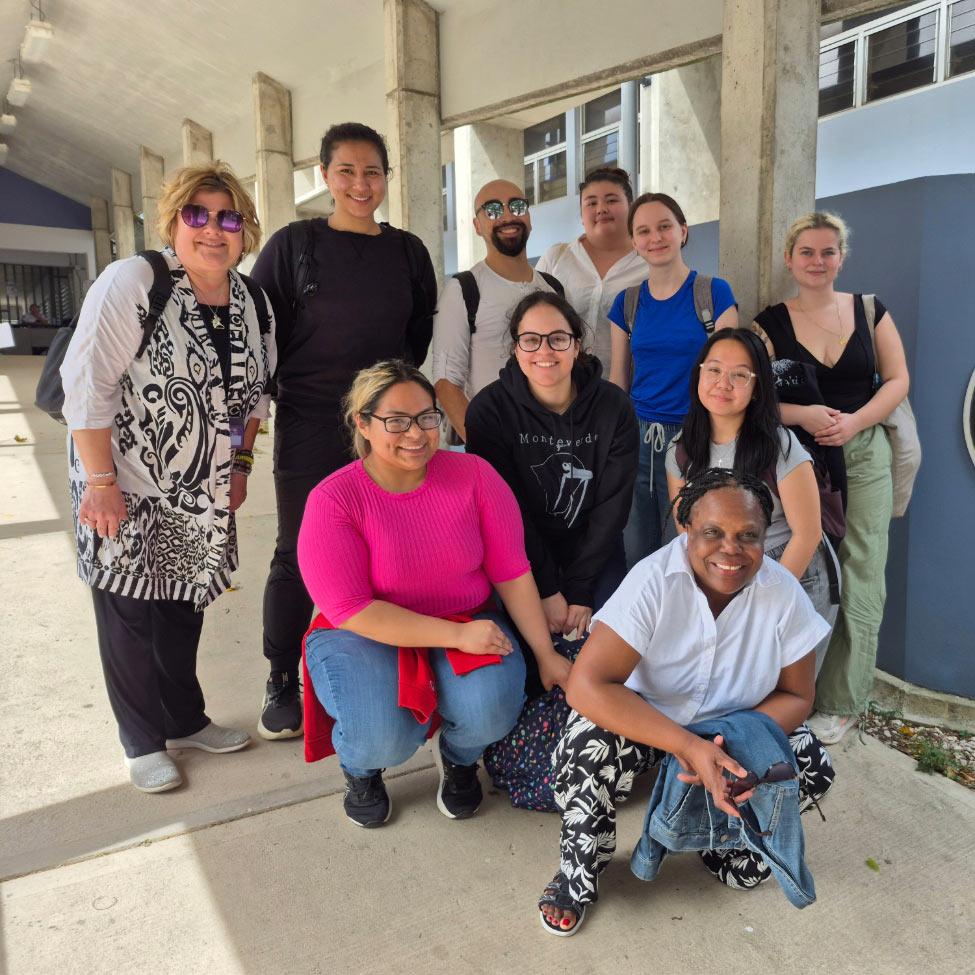
My involvement with NYSOTA has provided me with a wealth of experiences and insights that directly enhance my role as an educator. Through my leadership with NYSOTA, I stay up to date on legislative changes, evidence-based practices, and
emerging trends, which I integrate into my curriculum to ensure students are learning the most current and relevant information.
Additionally, my work with NYSOTA’s Communities of Practice has given me firsthand experience in fostering collaboration and creating spaces for meaningful professional dialogue. I bring these principles into the classroom, encouraging students to engage in critical thinking, interdisciplinary teamwork, and advocacy for the profession.
Most importantly, my service reminds me of the importance of mentorship and leadership, and I strive to model these qualities for my students. It’s incredibly rewarding to see them take the lessons they’ve learned and begin to make their mark on the profession.
What advice would you share with our students on making a difference in their professional careers?
- Stay curious and keep learning. The healthcare field is constantly evolving, and lifelong learning is key to staying relevant and providing the best possible care. Seek out opportunities for continuing education, attend conferences, and stay engaged with professional organizations.
- Be an advocate. Advocate for your patients, for the profession, and for yourself. Never underestimate the power of your voice to create meaningful change.
- Find your community. Surround yourself with people who inspire and challenge you to grow. Professional organizations and networks can connect you with mentors, colleagues, and peers who will support you throughout your career.
- Lead with empathy and purpose. Making a difference starts with truly understanding the needs of others—whether it’s your patients, colleagues, or community—and finding ways to address those needs with integrity and compassion.
- Don’t wait for opportunities—create them. If you see a need, step up. If you have an idea, pursue it. Making a difference often begins with taking the first step, even if it feels small.
PaceDocs Wins FilmArte Festival Award for Faculty-Student Produced Documentary
Pace University’s documentary film team, PaceDocs, was announced as a winner in the 2024 edition of the FilmArte Festival for its production, The Cooper: Crafting the Soul of the Cask (El Tonelero: Creando El Alma Del Barril).
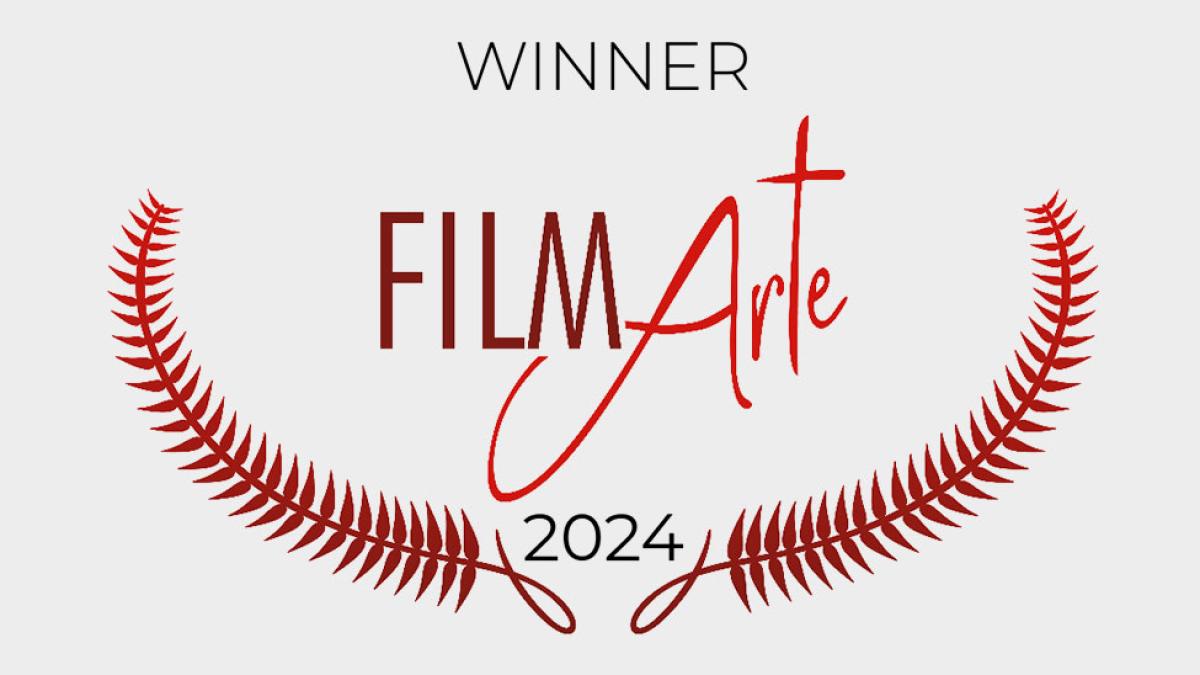
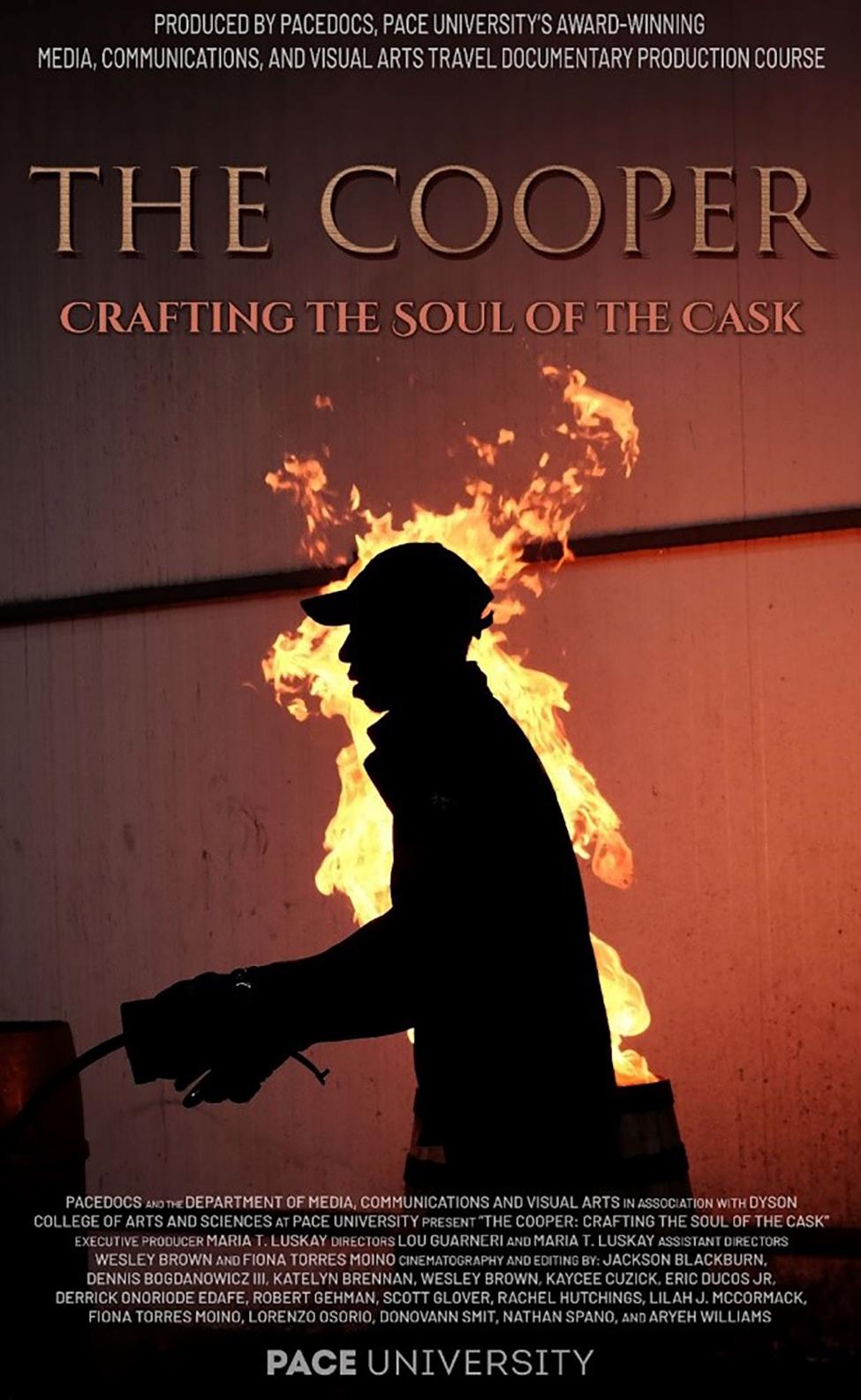
Pace University’s documentary film team, PaceDocs, was announced as a winner in the 2024 edition of the FilmArte Festival for its production, The Cooper: Crafting the Soul of the Cask (El Tonelero: Creando El Alma Del Barril). The film, which is an exploration of the art of cask making, also known as cooperage, premiered in English on May 2, 2024, at the Jacob Burns Film Center in Pleasantville, and, for the first time for PaceDocs, also in Spanish in Montilla and Cordoba, Spain.
It was co-produced by Dyson College Professors Maria Luskay, EdD, and Lou Guarneri, MA, of the Media, Communications, and Visual Arts (MCVA) department, and Pace University’s historically awarding-winning documentary film team. In the making of The Cooper, the PaceDocs team also collaborated with José Buendía Picó, a well-known Spanish musician and composer, to provide the music to an audiovisual story.
The documentary is the focus of the popular class, Producing the Documentary, a key example of experiential learning at Pace, which is part of Dyson College’s highly regarded film program that requires students complete a full-length documentary within 14 weeks. Students learn teamwork, problem-solving, research, and organization, along with technical skills such as lighting, sound, camera work, interviewing, and other real-life lessons necessary to complete a film.
Haub Visiting Scholar Professor Oscar Sumar to Visit the Elisabeth Haub School of Law at Pace University
The Elisabeth Haub School of Law at Pace University is delighted to announce that they will have the honor of hosting Professor Oscar Sumar, Deputy Vice-Chancellor of Academic Affairs for Business and Social Sciences at Universidad Científica del Sur, Peru, as a Haub Visiting Scholar.
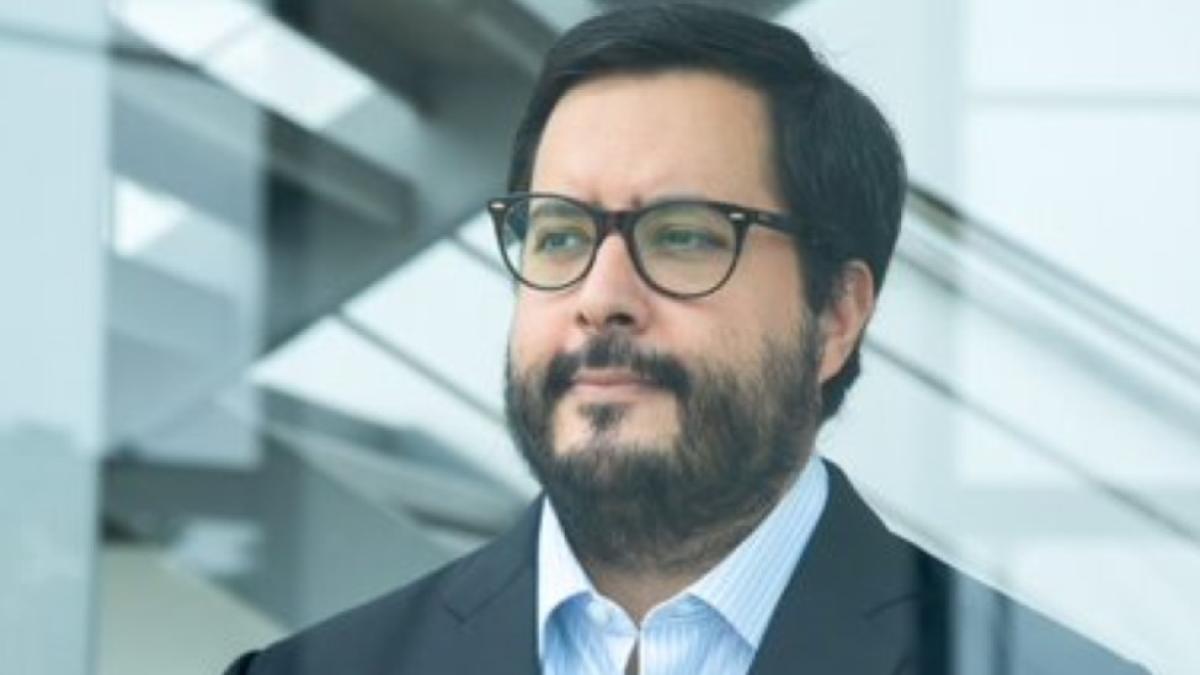
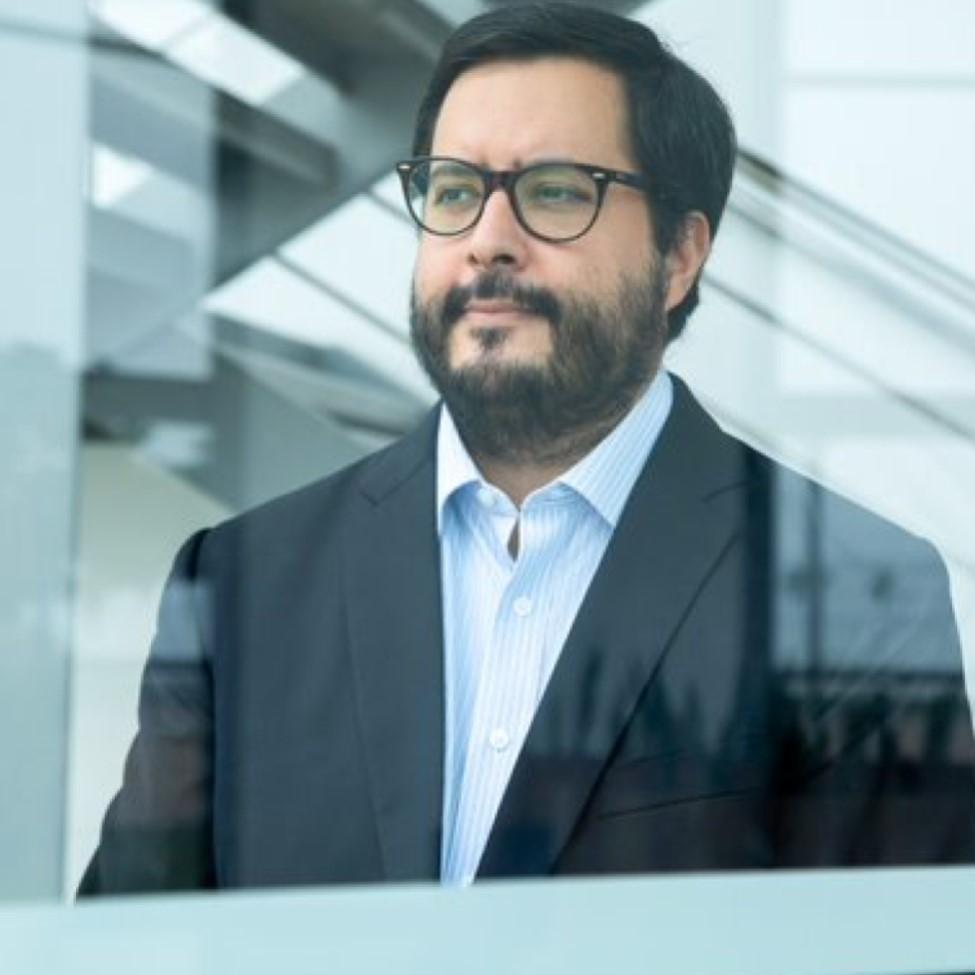
The Elisabeth Haub School of Law at Pace University is delighted to announce that they will have the honor of hosting Professor Oscar Sumar, Deputy Vice-Chancellor of Academic Affairs for Business and Social Sciences at Universidad Científica del Sur, Peru, as a Haub Visiting Scholar.
“Haub Law has established a strong cooperative framework with Universidad Cientifica, benefiting students and faculty from both institutions,” said Achinthi Vithanage, Associate Director of Environmental Law Programs & Professor of Law for Designated Service in Environmental Law. “Professor Sumar was instrumental in cultivating and growing this relationship. Law students at Universidad Cientifica del Sur have pursued and completed our LLM in Environmental Law program, while Haub Law students have participated in Cientifica’s Environmental Law Moot, conducted entirely in Spanish. We are honored to host Professor Sumar as a Haub Visiting Scholar and continue strengthening this partnership.”
Prior to his current role as Deputy Vice-Chancellor of Academic Affairs for Business and Social Sciences at Universidad Científica del Sur, Peru, he served as Dean of Law at the School. Under Professor Sumar, the law school grew their regionally pioneering environmental law program, with the creation of the first moot devoted to environmental law; the creation of an environmental law clinic; and forged the groundbreaking partnership with Haub Law.
“I am thrilled to build on the ongoing collaboration between two leading institutions, Universidad Cientifica del Sur and Haub Law,” said Professor Sumar. “To be named a Haub Visiting Scholar by the number one environmental law school in the United States is an honor. I look forward to further engaging with Haub Law’s faculty and students, sharing ideas, and exploring new opportunities for partnership and research.”
In addition to his work in Peru, Professor Sumar serves as a non-resident fellow at the Public Law & Policy Program at UC Berkeley Law. His academic expertise is focused on comparative economic constitutional law and economic regulation. He has authored numerous articles, books, and book chapters locally and internationally, winning prizes and grants for his research. He has also served as a visiting researcher at the Pontificia Universidad Javeriana and Pontificia Universidad Católica de Ecuador. Professor Sumar also frequently speaks at national and international conferences on topics within his areas of specialty.
In their roles at Haub Law, Haub Visiting Scholars collaborate with faculty, guest lecture classes, and work closely with students in the Environmental Law Program and others. As previously announced, funding for the Haub Visiting Scholars was made possible by a gift from the Haub family in recognition of the essential role of environmental science, informatics and other technology and allied fields towards formulating environmental policy and law.
Finding Joy on the Path to Justice: An Interview with a PWJC Client
Joy's story began in a place of fear and uncertainty. Facing domestic violence, sexual assault, and abuse related to her immigration status, Joy felt lost and isolated. Having been to court already and after consulting numerous local victim service organizations, she could not find the support she so desperately needed. Struggling to navigate an abusive situation, Joy felt her options were limited to "either jail or homelessness." Then, after one particularly concerning violent incident, everything changed when the local court system recommended the Pace Women's Justice Center.


Joy's story began in a place of fear and uncertainty.
Facing domestic violence, sexual assault, and abuse related to her immigration status, Joy felt lost and isolated: "I was frozen in fear. I just couldn’t think, my brain was on fire." Having been to court already and after consulting numerous local victim service organizations, she could not find the support she so desperately needed. Struggling to navigate an abusive situation, Joy felt her options were limited to "either jail or homelessness." Then, after one particularly concerning violent incident, everything changed when the local court system recommended the Pace Women's Justice Center: "When I spoke with my attorney, that was it. I felt like this was the angel and the place that could truly help me."
As an immigrant in the United States, Joy also grappled with the fear of seeking help. With her family back in her home country, she felt completely alone. She didn’t realize that the depression stemming from both her abuse and childhood trauma was keeping her from seeking support. It was PWJC’s trauma-informed approach that finally made all the difference, starting with a compassionate ear and space to be heard. "I just needed someone to listen," she shared. "I didn’t understand these things—I had nobody. And PWJC was there for me, and I am more than grateful."
When I spoke with my attorney, that was it. I felt like this was the angel and the place that could truly help me.
Without the shame and judgement she felt from other organizations during her search for help, Joy felt empowered to reclaim and redefine a safe and secure life. Her attorney’s respect for her cultural background and personal experiences helped her feel truly heard and supported, moving forward at her own pace toward safety and stability. Joy noted that her attorney never pressured her into specific actions, instead presenting her various legal options and allowing her to choose the path that best suited her goals. Her attorney, she emphasized, was “more than understanding” of her trauma and approached her case “from a human standpoint."
Through PWJC’s assistance, Joy swiftly secured the legal support needed to stabilize her family and begin rebuilding her life. Her attorney advocated not just for Joy's safety, but also for a holistic look at the nuances of her situation, demonstrating the comprehensive approach the PWJC takes to each case and proving to Joy that she was in good hands. She noted, "The respect that the judicial system has for your organization really helped me be heard in the courtroom."
As the legal measures she worked with her attorney to put in place began taking effect, Joy noticed the impact PWJC had extending beyond just her legal situation, fostering a deeper understanding of healthy relationships and emotional healing for not just herself, but those around her as well. She noted that the appreciation came from "Not only just me, you helped [my family] realize a lot.... it goes beyond what you think."
The respect that the judicial system has for your organization really helped me be heard in the courtroom.
Today, Joy is on a path of healing and growth, noting that the impact of PWJC’s services extends far beyond legal assistance; it has empowered her emotionally and psychologically, “I’m just so grateful to be alive," she commented. "I’ve overcome so much, learned so much about the human mind—and about family trauma.” She is now pursuing a full-time education to further her career, and feels confident and secure in her goals knowing she can always reach out to PWJC for help. "If I didn't have you guys, I'd be on a different path."
As we look to the future, PWJC remains dedicated to offering life-changing services, proving that with the right support, resilience and recovery are not only possible—they are within reach. To learn more about our services and mission, visit the Women's Justice Center website or consider making a donation. Together, we can continue to make a difference in the lives of individuals like Joy, who are seeking safety and hope in the new year.
*Name and personal identifying information has been changed for client confidentiality.*
More from Pace
PWJC’s many programs offer free legal assistance, free legal clinics open to the public, and training for professionals. It also has a robust program to recruit, train, and supervise volunteers. A dedicated team of volunteers include those who have some legal training — such as lawyers, paralegals, and law students — and those who bring other skills to Center programs, such as community members, and high school and college students.
The Pace Women's Justice Center (PWJC) is proud to announce that its esteemed Executive Director, Cindy Kanusher, Esq., has been selected for inclusion on City & State’s inaugural "Trailblazers in Law" list. The Trailblazers in Law award spotlights attorneys, academics, public officials, and other influential figures who have made an impact in the legal field in New York.
Each year, the Pace Women’s Justice Center (PWJC) commemorates Domestic Violence Awareness Month in October with the culmination of its Raising the Bar Benefit Concert. This year’s concert will take place at the Capitol Theatre on Thursday, November 3, at 8:00 p.m. The full-length concert will be exclusively performed by the Grammy-winning duo, Indigo Girls.
Biden Won’t Enforce TikTok Ban, Leaving Decision To Trump
Pace University’s Haub Law Professor Leslie Garfield Tenzer spoke with PIX Channel 11 about RedNote, a Chinese-owned app that many TikTok users are migrating to in advance of the pending ban, calling it “even more restrictive than TikTok when it comes to censorship.”
